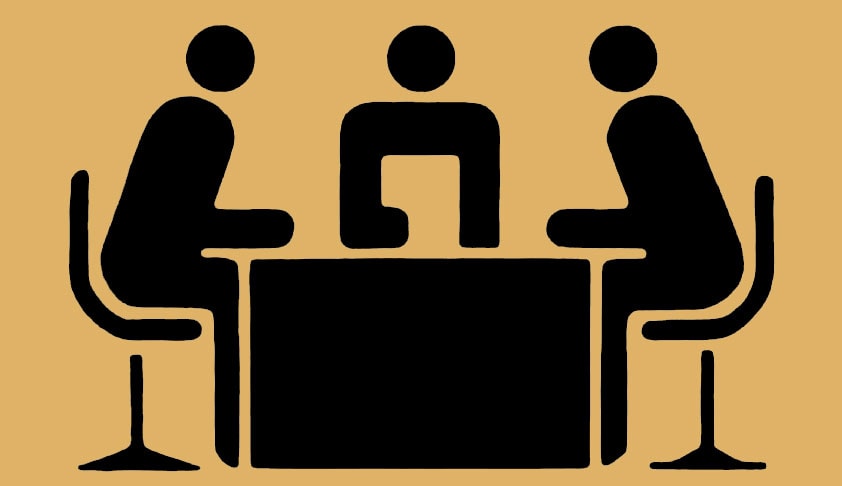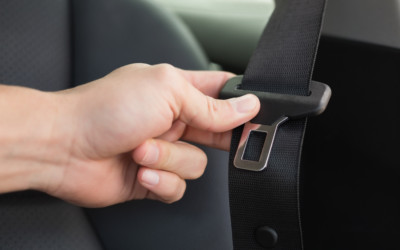Alternative Dispute Resolution in Personal Injury Claims

To people who have never been involved in an injury claim in Nova Scotia, it is often surprising to learn that very few personal injury claims end up in a trial. Sometimes going to trial is necessary in trying to resolve a legal dispute, but in the majority of cases, parties will come to a settlement without the need of having a judge decide the issues.
This can be done at various stages in the process and depends on many different factors, including the complexity of the case, the positions of the parties, the extent of the losses, and so on.
If the claim proceeds into a lawsuit and goes forward to discovery examinations and the parties are still not able to come to an agreement on settlement, the parties may choose to engage in certain settlement processes before the case goes to trial – also known as alternative dispute resolution.
The two most common forms of alternative dispute resolution in a personal injury claim are mediation and judicial settlement conferences.
Mediation is a process where a neutral third-party mediator is hired by the parties to facilitate negotiation discussions. Usually, before the mediation, the parties will provide the mediator with written briefs and supporting documents to explain their positions. The mediator then reviews the material, forms an independent assessment of the case, and works to “bridge the gap” of the dispute between the parties.
Mediation will often involve “caucusing”, which means each party will be in separate rooms and the mediator will go back and forth between parties relaying positions, ideas, and offers. What is said and done at a mediation is off the record, and does not form part of the record if the case proceeds to court.
Mediation is a voluntary process. All parties must be there willingly. Mediation can be a very effective means of resolving a dispute, but it can be expensive and certain cases may not be well suited for mediation.
A Judicial Settlement Conference (JSC) is similar to mediation but it is done in Court with a judge instead of an independently retained mediator. To go to a JSC, the case will be beyond the discovery process and trial dates will usually have been set.
In a JSC parties will provide the judge with written briefs and materials supporting their positions, and the judge may caucus with the parties providing comment on the strengths and weaknesses of the claim. Like a mediation, negotiations at a JSC are off the record, and the judge sitting at a JSC will not be the judge who hears the case at trial if the case doesn’t settle.
Mediation and Judicial Settlement Conferences can be an effective way to settle a case, but both require a thorough understanding of the law and process around personal injury claims. If you have any questions about alternative dispute resolution, please contact our team.






















